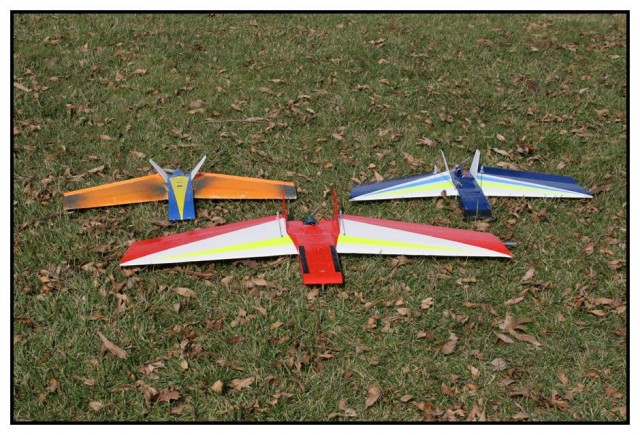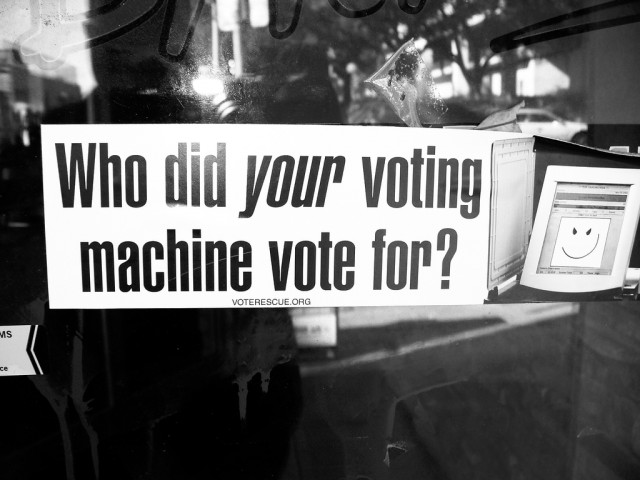On Wednesday, the Federal Trade Commission announced another contest to design a system to “identify unwanted robocalls received on landlines or mobile phones, and block and forward those calls to a honeypot.”
The agency will select “up to five contestants” as part of what it’s calling “Robocalls: Humanity Strikes Back.”
The first qualifying phase launches Wednesday and runs through June 15, 2015 at 10:00pm Eastern Time, while the final phase concludes at DEF CON 23 on August 9, 2015.
Read 5 remaining paragraphs | Comments








